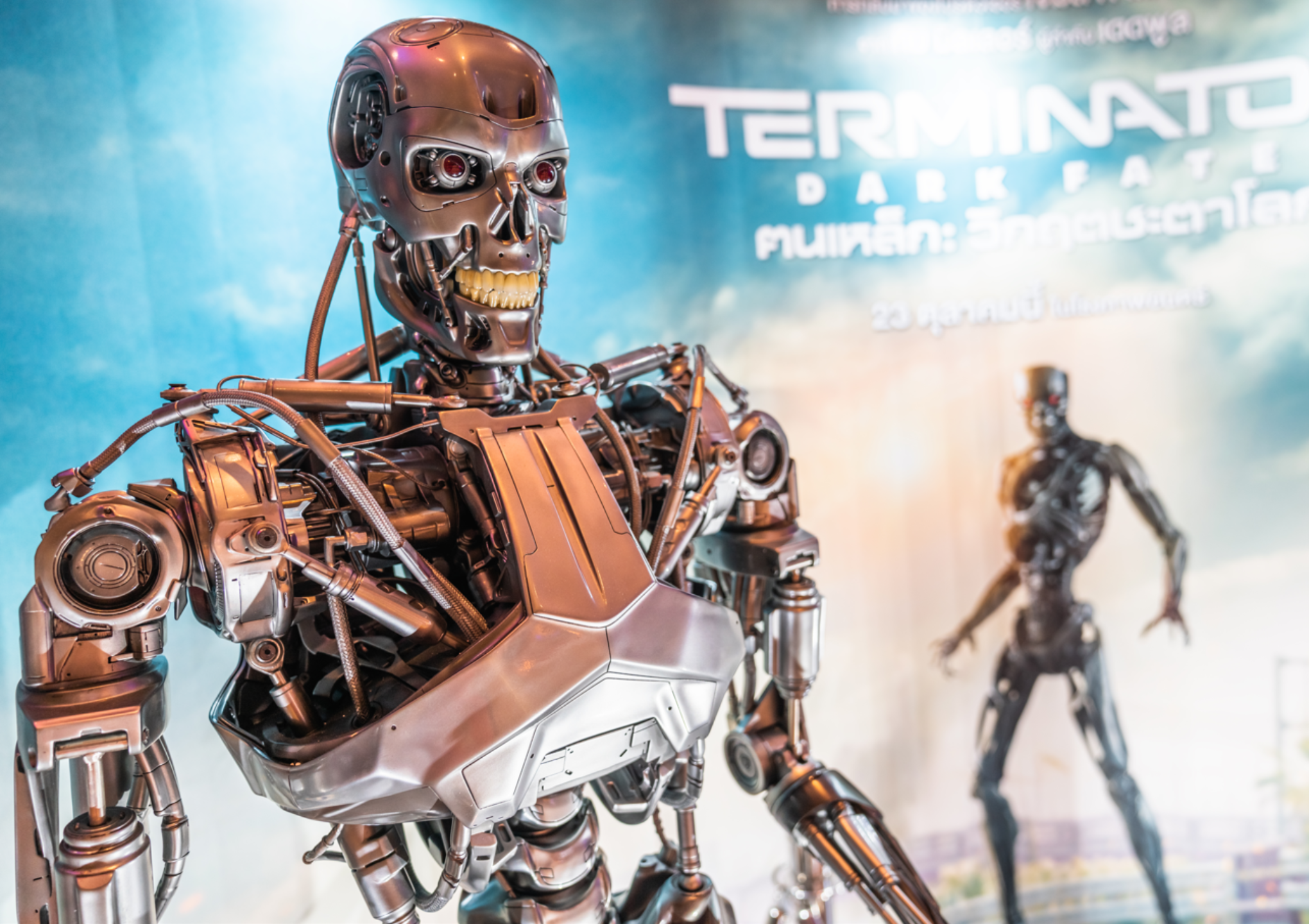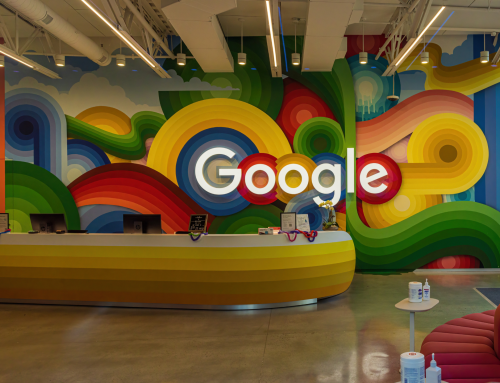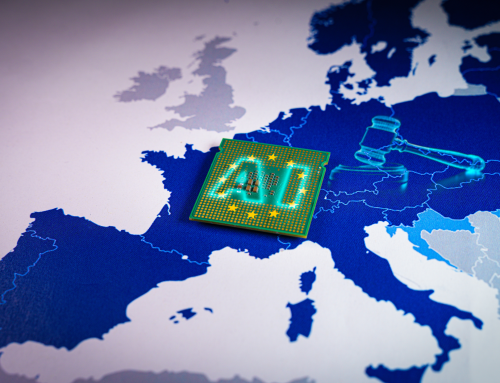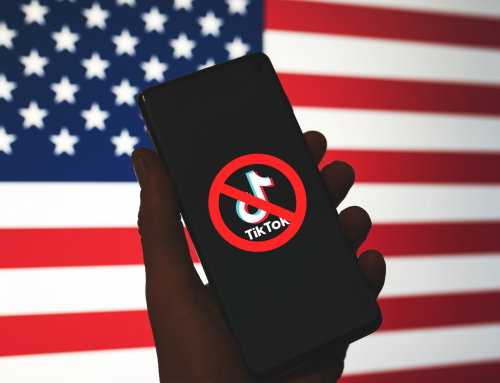A turning point for voice actors: the digital wave is rolling in
The world’s largest television trade fair, MIPTV in Cannes, made it clear this year: artificial intelligence (AI) is no longer just on the doorstep of the media world – it has long since arrived. Particularly in focus: the future of voice actors. This creative profession is facing an unprecedented challenge, as AI technologies that can imitate voices deceptively realistically are on the rise. Is this the end of the human voice in film and television as we know it?
Stars versus AI: a battle for authenticity
The fear of losing one’s own voice is not only a concern for dubbing actors, but also for music stars such as Billie Eilish and Stevie Wonder. The ability of AI to clone voices threatens the uniqueness and authenticity that artists bring to their work. In the field of dubbing, this means a potential replacement of human talent with computer-generated voices – a development that raises not only economic but also cultural and creative questions.
Cost efficiency versus artistic quality
Start-ups such as Dubformer and Deepdub are already demonstrating how efficient AI can be in the dubbing business. The technology promises to reduce costs and speed up production processes. But what is lost in the process? Charles Rettinghaus, known as the German voice of major Hollywood stars, emphasizes the irreplaceability of human performance. AI cannot yet fully grasp the subtleties of human emotions. But progress is unstoppable and the boundaries between artificial and real are becoming increasingly blurred.
A legal framework for the digital voice
The increasing spread of AI-generated voices also raises legal questions. How can voice actors protect their voice when it can be digitally copied and traded on obscure platforms? The demand for a legal framework that recognizes and protects voice actors’ copyrights to their own voices is becoming ever louder. At the same time, fair remuneration models must be found that do justice to the work and talent of voice actors.
Looking into an uncertain future
The dubbing industry is at a crossroads. While some are already predicting the end of the human voice in film and television, this very challenge could lead to a re-evaluation and revaluation of human creativity. Technology may be advancing, but the longing for authenticity, emotion and humanity remains – qualities that cannot (yet) be replicated by machines.
MIPTV 2024 has made it clear: AI will fundamentally change the media landscape. But it is up to us to determine the direction of this change. By exploring the boundaries between technology and humanity, we can find a path that both honors the innovations of AI and preserves the irreplaceable art of human expression.







